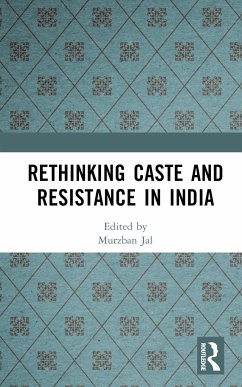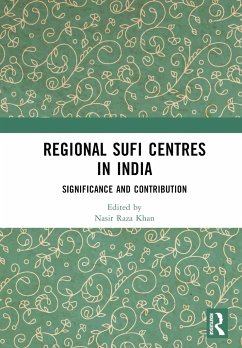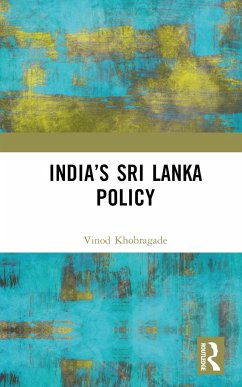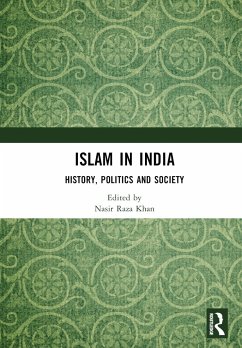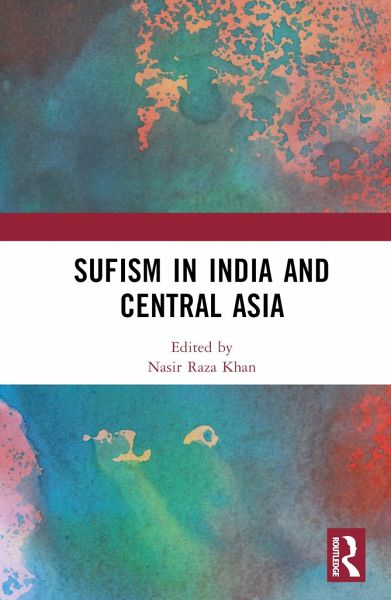
Sufism in India and Central Asia
Versandkostenfrei!
Versandfertig in 1-2 Wochen
149,99 €
inkl. MwSt.

PAYBACK Punkte
75 °P sammeln!
Sufism in India and Central Asia is an attempt to put into perspective the relevance of Sufism - the concept and teaching, and to provide a realistic assessment of its role in India and Central Asia.





